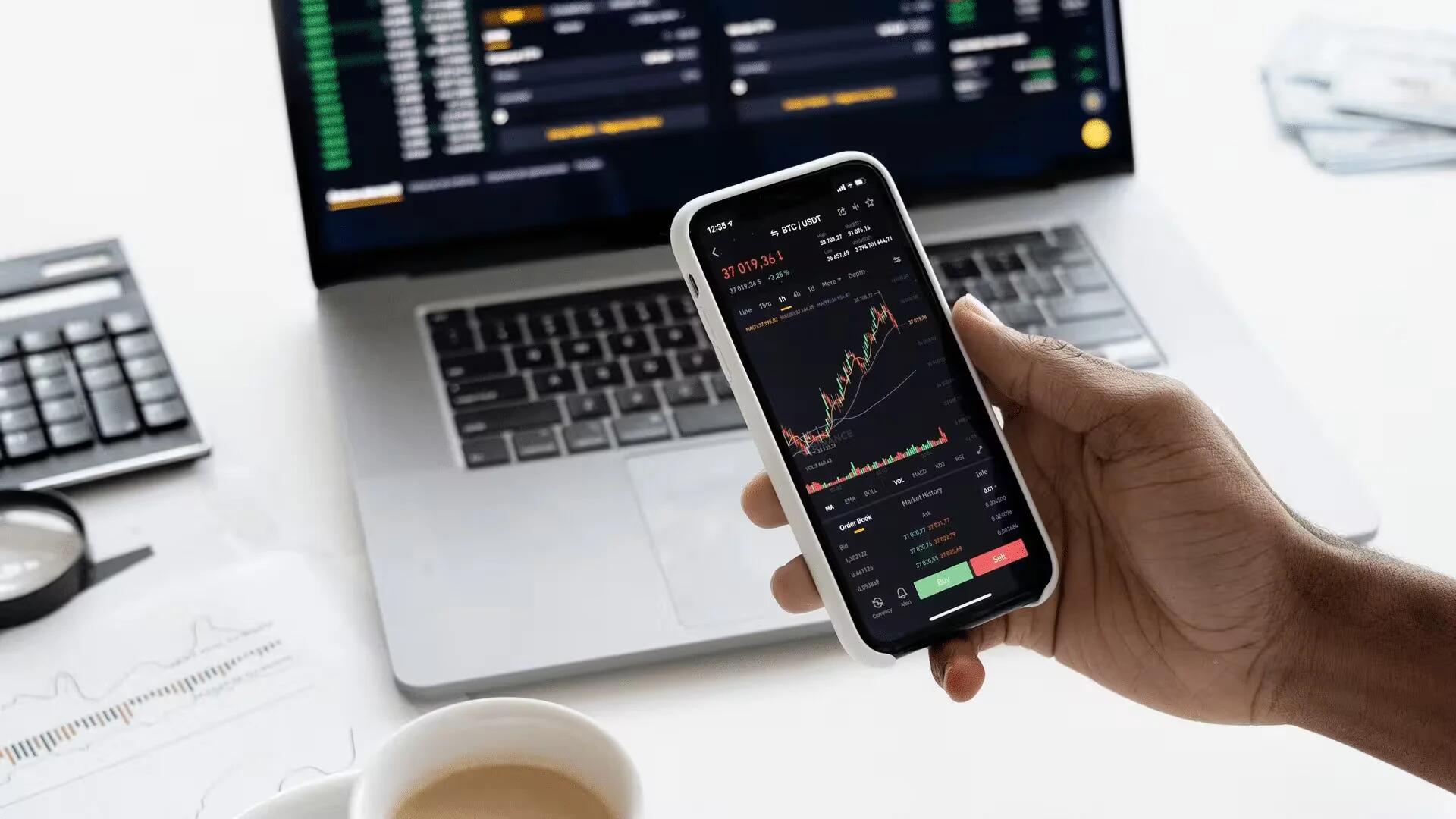Technology and digital tools, along with some sound advice, can help you not only make better financial goals but really stay focused on keeping them. Want to start up healthy emergency savings? You can do it. Want to really start saving for a down deposit? Possible. Want to finally get on top of your debt? No matter what your goal, you can make smarter steps towards your goals with these top tools and tips:
1. Create (and Stick with) a Budget
To budget better, it is advised to understand your costs and your financial goals. A great way to do both is to find a great budget and money management app that allows you to visualize your spending and your savings all in one convenient place. These apps can help you easily set savings goals and see where your money goes in a few simple steps. They are the top tool to use to set and keep your financial goals.
2. Always Pay Your Bills on Time
Avoid debt and keep your credit score in good order by simply paying your bills on time. Set up calendar alerts one to two days before any bill is due, and pay them as soon as you come in. If you can, schedule automatic payments to ensure you always pay on time. You may also want to see if apps allow you to easily pay your bills on your phone. Your utility providers and credit providers are likely to have one, so check the app store today.
3. Monitor Your Credit and Finances
Monitoring your credit and your finances can allow you to continuously adjust your strategy so you may make the optimal decisions for yourself. It is also how you can potentially spot issues and stop concerns like credit fraud as soon as it begins.
4. Have a Contingency Plan
Having a good credit rating and a livable budget are two great ways to be smarter with your money and reach your goals, but life happens. Having a contingency plan and knowing your options for unexpected costs is another part of being financially responsible. You may want to apply for a personal loan to cover any large expenses or to make upgrades that help you save in the long run. For example, a personal loan may be just what you need to upgrade your heating system at home, which in turn may reduce your utility month after month.
5. Invest in Your Future
You need two main saving pots to be financially independent now and in the long run. The first is an emergency fund that should help you cover some of the emergency costs. Not only can an emergency fund help in many situations in your life, but it also tends to give many that safety net they need to live more comfortably and stress-free.
Do not stop there. Look into your retirement savings and get started as early as possible so that you can enjoy financial independence throughout your life.
